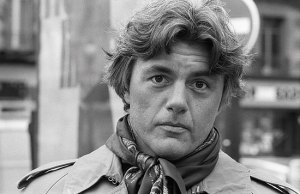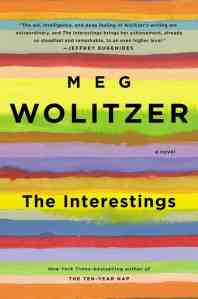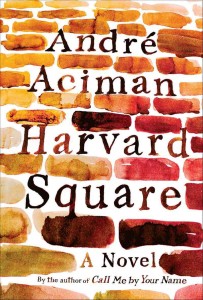
At 4:00 a.m., I wake to two big brown eyes staring at me in the dark. “Are you okay?” I ask, then I rub my dog Millie’s ears. She doesn’t say anything, just continues to stare. I’ve written about her seizures before and while (knock wood) she has responded remarkably well to the medicine we have been giving her for the last several months, I’m always a little fearful when she wakes me up in the middle of the night.
She doesn’t seem particularly agitated, she just stares at me. She really does have the prettiest eyes, even in the dark, even at 4:00 a.m. I ask her if a treat might help her sleep. No response, but when I get out of bed and walk into the kitchen, she and her brother Rick clamor into the living room, assuming their treat stances on the couch.
“Thank God you have the stamina to eat, Millie.” I’m kidding, but it’s a prayer too.
The three of us return to the bed, Eric trying to sleep through the commotion. We are, none of us, quiet souls. Ricky circles twice and settles into his spot between Eric and me. Millie sits regally, still staring at me from the foot of the bed. I lie in bed, unsettled, alert.
I hope that Millie will settle like Ricky, but she doesn’t. I get up, walk into the living room, turn on a lamp, grab the book I am reading. Almost immediately, I hear someone charging into the room, onto the couch. Millie plops herself into my lap. Seconds later, Ricky joins us, gluing himself to my right side.
For several chapters, I read my book, a memoir, another person telling me their story. Trying to illuminate their journey in a way that will illuminate mine.
I’m not complaining, but it’s not the easiest task, reading a book while petting two dogs at the same time. Turning pages is a trick and sometimes, one of the dogs actually rests their head on the book. Any port in a storm. If I pet Millie but not Rick, he glares sadly. If Ricky moves closer, Millie tends to snarl or even snap at him. Poor Rick. So the best thing is just to pet them both at the same time. Stop petting both when I have to turn the page, resume petting.
No one said life is easy.
I didn’t have to work today. As I read my memoir, in the middle of the night, hoping to get sleepy enough to return to my slumber, it strikes me that all in all, it isn’t the worst of situations. These (mostly) sweet puppies keeping me company, this book, my couch, my apartment, the saint in the other room, my life.
I nod off mid page, then jump. After that happens twice, I get off the couch and return to bed. Millie and Ricky bounce onto the bed. Ricky circles twice then settles down. Millie roots between the blanket and bedspread then burrows herself not far from my feet.
Relieved that Millie is now sleeping, I lie in bed, pondering my life. I hate my job. Not every aspect of it, but enough. I do like the people I work with and I’ve been in the work force long enough to know that counts for something.
I guess a few jobs are like this, but I sometimes marvel that my co-workers and me, we often see people at their very worst, their most unkind. Some days it’s staggering. I do not see people as intrinsically good anymore and there was a time that I did. And I wonder if I will ever turn a corner and see the good in people before I see the bad.
Anyway, after some tossing and turning, I get up again and I return to my couch, return to my lamp, return to my book. This time, only Ricky joins me. I hope everyone reading this has at least one soul, human or otherwise, who loves them as much as Ricky loves me.
The sun has started to rise by the time I return to bed. I sleep for a few hours, get up to give Millie her pill then sleep for an hour more. I get up and drink my coffee, already made. Besides making the coffee, Eric has also walked and fed the dogs. Then I go to church.
If I were to ever write a memoir, I don’t think those hours on the couch with a book and two dogs would ever make it past the first edit. It’s not really a story. But maybe it is. Maybe its the story of my life and I don’t even realize it.





